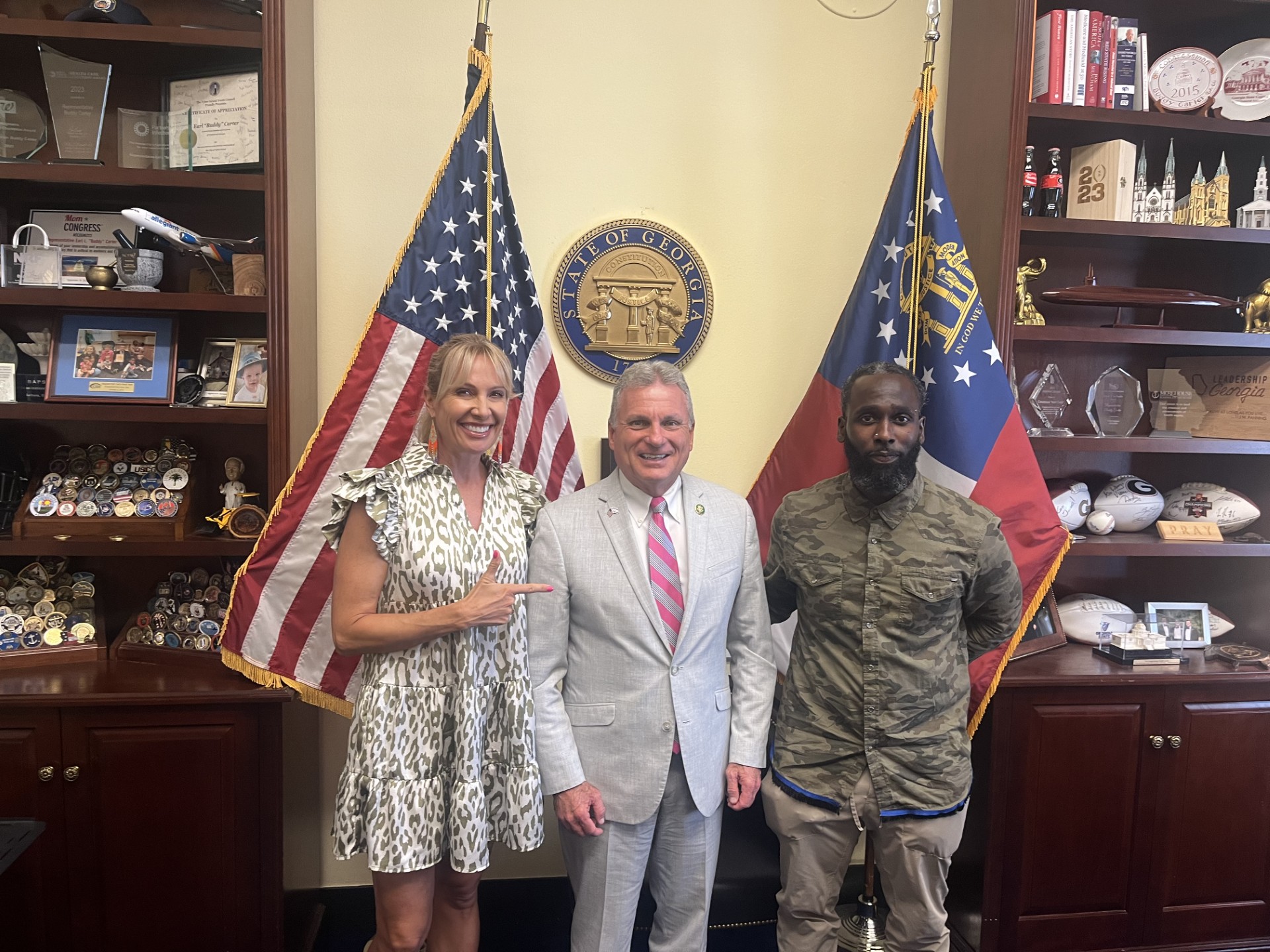At least five other nations are moving toward gene editing hogs, which could put them miles ahead of the U.S. in producing disease-resistant and faster-growing hogs that cost less to grow, the National Pork Producers Council (NPPC) warned.
The NPPC also believes the USDA, rather than the FDA should regulate gene edited livestock. FDA “continues to engage in delay tactics that are holding back U.S. agriculture,” said NPPC president Howard Roth, reported Successful Farming (Jan. 15).
On Dec. 21, in an advanced notice of proposed rulemaking, the Trump administration announced its intention for USDA to have primary oversight over gene edited livestock. USDA’s advanced notice of proposed rulemaking will transition portions of FDA’s pre-existing animal biotechnology regulatory oversight to USDA which will consult with FDA.
However, the current FDA Commissioner Dr. Stephen Hahn says he would refuse to sign the memorandum of understanding between the FDA and USDA. Hahn cited “concerns about its legality and the potential health repercussions of relaxing oversight of certain genetically altered products,” according to a Politico report.
The focus is now on establishing a regulatory framework that will allow for innovation. The U.S. pork industry noted that it is committed to transparency when using this technology in the future as there are currently no gene edited pigs entering the food supply.
Meanwhile across the pond, gene editing of crops and livestock may soon be permitted in England, reported The Guardian (Jan. 7). Ministers say changing the current rules, which originate from the EU and make gene editing for crops and livestock nearly impossible, would result in healthier food, environmental improvements, and better animal welfare.
However, some animal welfare groups have raised concerns that loosening the rules could have a negative impact on animal welfare if the technology promotes faster growth at the expense of keeping livestock in crowded conditions.












